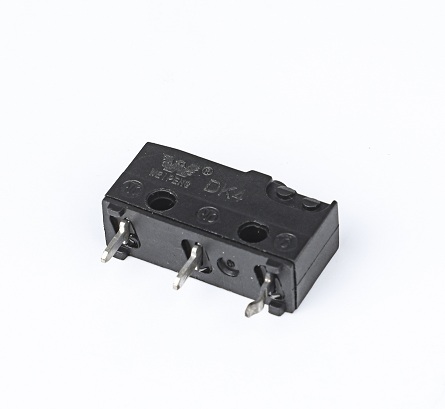Wired for Excellence: Certifications and Standards for Micro Switches in Automotive Applications
2024-01-11
Introduction:
In the intricate world of automotive engineering, precision and reliability are paramount. Micro switches, those tiny conductors orchestrating critical functions in a vehicle, must meet rigorous standards to ensure they can withstand the demanding conditions of the automotive environment. In this blog post, we'll explore the specific certifications and standards that micro switches for cars need to meet to guarantee their excellence in performance, safety, and durability.
1. ISO/TS 16949:2009 Certification:
a. Focus:
- ISO/TS 16949:2009 is an international quality management system standard specifically for the automotive industry.
b. Relevance:
- Micro switch manufacturers adhering to ISO/TS 16949:2009 demonstrate their commitment to maintaining high-quality processes and meeting stringent requirements, ensuring that their products are well-suited for automotive applications.
2. IP (Ingress Protection) Ratings:
a. Focus:
- IP ratings indicate the degree of protection provided by enclosures against the intrusion of solids and liquids.
b. Relevance:
- Micro switches used in cars may be exposed to dust, water, and other environmental factors. IP ratings, such as IP65 or IP67, assure that the switches are adequately sealed and protected against these elements.
3. UL (Underwriters Laboratories) Certification:
a. Focus:
- UL is a globally recognized safety certification organization.
b. Relevance:
- Micro switches with UL certification have been independently tested and verified for safety. This certification ensures that the switches meet specific safety standards, contributing to the overall reliability of the automotive system.
4. RoHS (Restriction of Hazardous Substances) Compliance:
a. Focus:
- RoHS compliance restricts the use of certain hazardous materials in electrical and electronic products.
b. Relevance:
- For micro switches used in cars, RoHS compliance ensures that the switches are free from hazardous substances like lead and mercury, aligning with environmental and safety regulations.
5. CE (Conformité Européenne) Marking:
a. Focus:
- The CE marking indicates conformity with health, safety, and environmental protection standards within the European Economic Area.
b. Relevance:
- Micro switches with CE marking are deemed to comply with European Union directives, emphasizing their adherence to regulatory requirements applicable in the European market.
6. Automotive-Specific Standards:
a. Focus:
- Automotive manufacturers may have their own set of specifications and standards that suppliers, including micro switch manufacturers, must meet.
b. Relevance:
- Complying with manufacturer-specific standards ensures that micro switches align with the unique requirements and performance expectations of the specific automotive system they are integrated into.
Conclusion:
Micro switches are the unsung heroes within the intricate tapestry of an automobile's electrical system. To ensure their reliability, safety, and performance, micro switches must meet specific certifications and standards. From international quality management standards like ISO/TS 16949:2009 to safety certifications like UL and compliance with environmental regulations such as RoHS, these certifications underscore the commitment of micro switch manufacturers to excellence in automotive applications. As the automotive industry continues to evolve, adherence to these certifications becomes increasingly crucial, ensuring that micro switches play a pivotal role in advancing the overall quality and reliability of modern vehicles.



